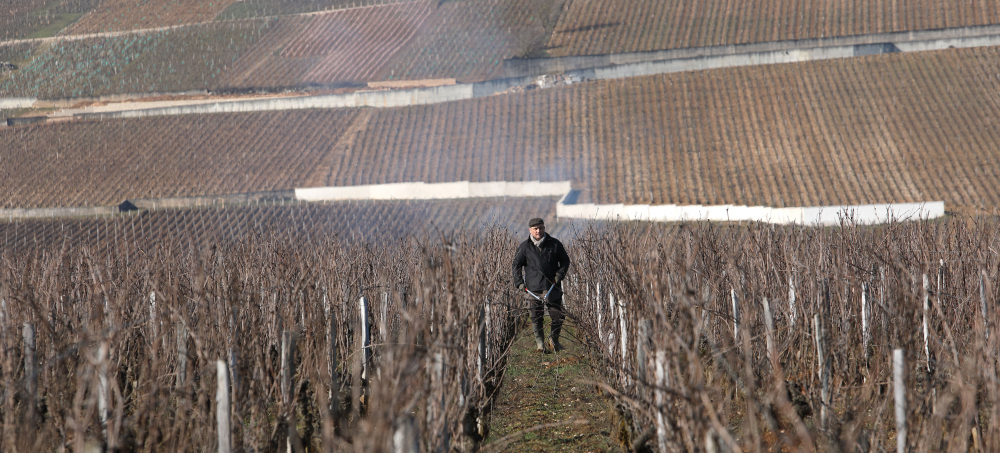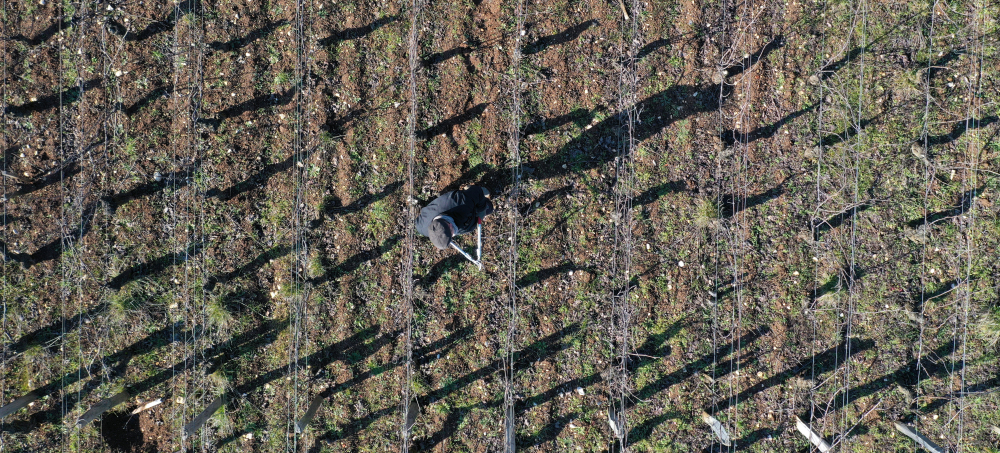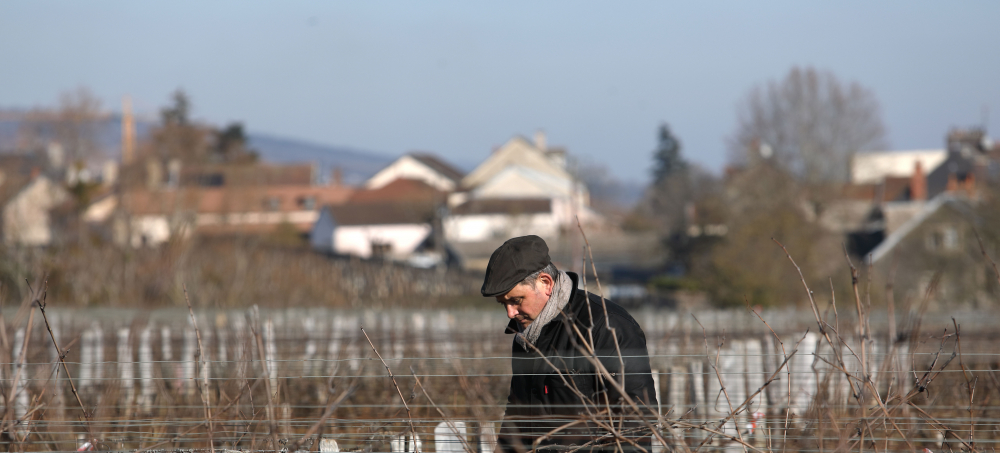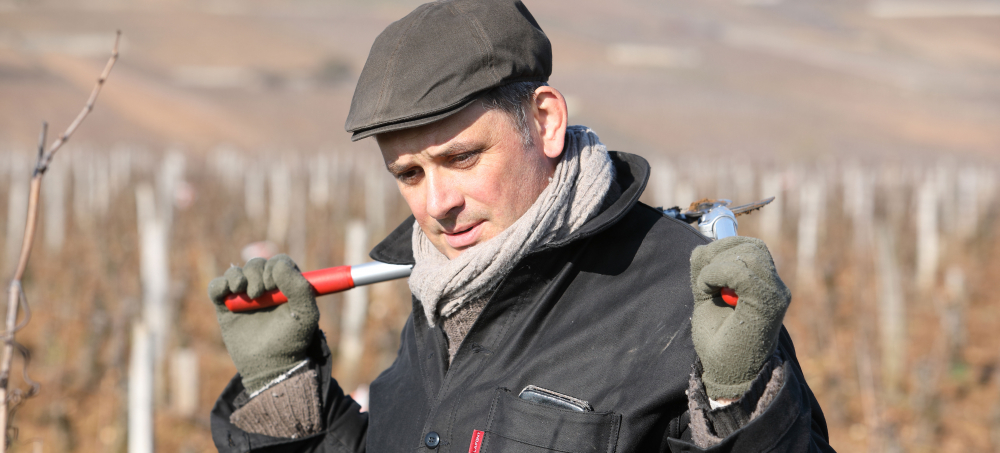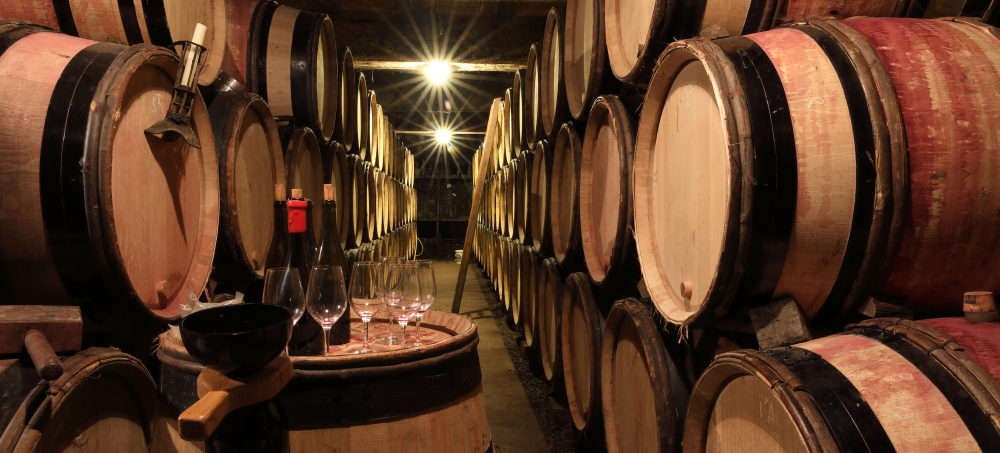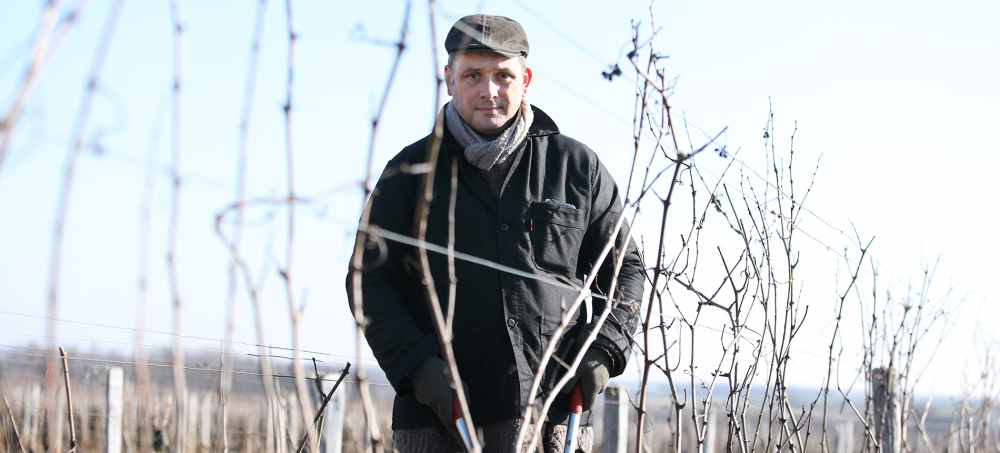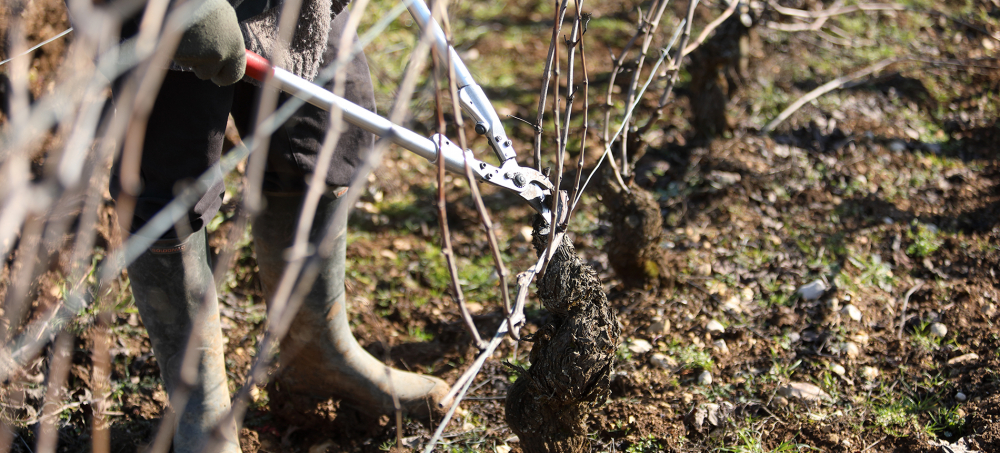The terms “old school” and “traditional” are tossed around in many appellations (The Rhone, Barolo, etc), but less so these days in Burgundy. Sure, there are Old School producers in Burgundy, like Michel Gaunoux in Pommard or the old Domaine Maume in Gevrey Chambertin, whose deep, ambrosial wines are some of Burgundy’s finest candidates for extended cellaring. These wines are built for the long haul, and they have an amazing track record for blossoming after 10-15+ years of aging.
Sure, they can be enjoyed before then, but they should be put in a decanter, and paired with more full-flavored foods, like meats and stews. We’re talking the August Clape or Giacomo Conterno of Burgundy which epitomize deep, earthy and soulful elements.
The Confuron family have been vignerons since the seventeenth century during the reign of Louis XIV. Their specialty was, and continues to be, vine selection and propagation. They have led the way in identifying top selections massales and even have a clone of the noble Pinot Noir in their name: Pinot Confuron. The family crafts uniquely village level wines from four villages in the Cotes de Nuits – Nuits-Saint-Georges, Vosne-Romanee, Chambolly-Musigny and Gevrey-Chambertin (not to mention Pommard as well) – and they have an impressive array of premier cru and grand cru sites, some of which include the famed Vosne Suchots (they are one of the largest holders), Echezeaux, Clos Vougeot, and tiny plots of Charmes Chambertin and Mazis Chambertin.
Today, Yves Confuron holds the reins at the estate with the help of his oenologist brother Jack in the cellar. Their parents Jacky and Bernadette work the vines as they dutifully have for over fifty years. The vineyards, averaging 65 years of age, have never been treated with synthetic herbicides or pesticides and great attention is taken to minimize yields through regular plowing, short pruning and green harvesting that takes place in the spring.
At harvest, triage is done both in the vineyard and in the cellar. Grapes are persistently harvested late to ensure the formation of ripe stems. Yves follows his family tradition of 100% whole-cluster fermentation, followed by long cuvaisons of two to three weeks and extended barrel ageing of up to two years. The villages wines tend to see 10-20% new oak, only a tad more for the 1er Crus, and up to a maximum of 50% for the Grand Crus. The wines are bottled unfined and unfiltered, and they show remarkable aromatic intensity, spice, purity of fruit, and striking minerality from their fantastic terroirs.
